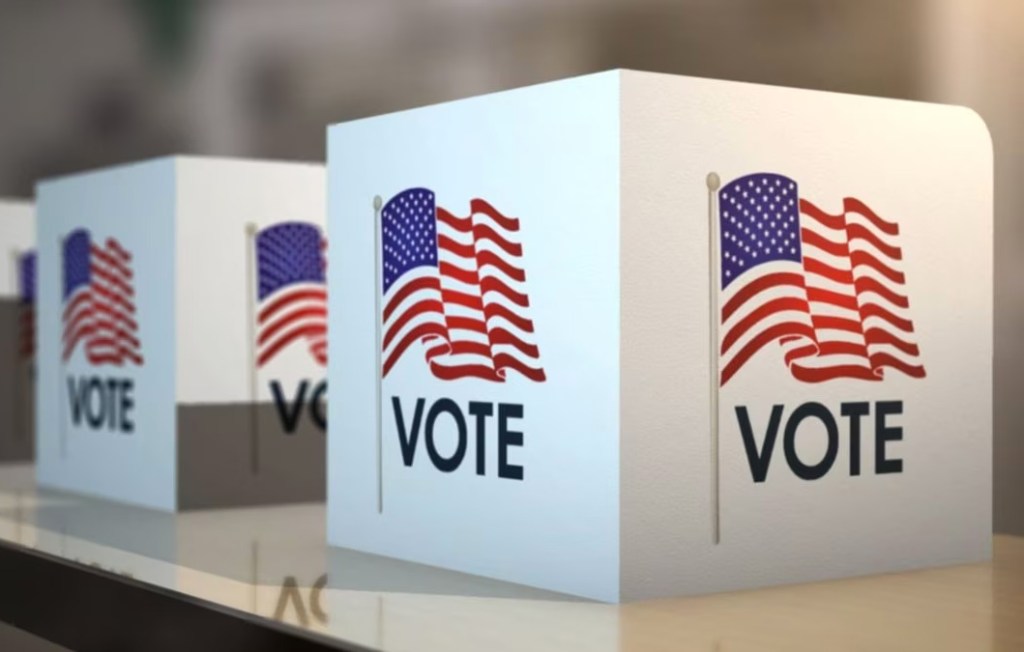Letter to the Editor: We have broken our government
Published 3:58 pm Thursday, February 15, 2024
|
Getting your Trinity Audio player ready...
|
By Andrew Cooperrider
The Kentucky House recently passed a budget bill for this next fiscal year that calls for over $74 billion in spending. For comparison, our current fiscal year’s budget is around $48 billion.
The budget calls for at least $3.5 billion in new debt to be issued through bonds and is over a 50% increase in spending year-over-year. As a conservative Republican, both fiscally and socially, I decided to dig into the budget and figure out where all the new spending is coming from.
I focused on a particular spending line item that is very high. In this new budget, the Restricted Funds under the State/Executive Budget is almost $29 billion. This sticks out to me because when we look at the prior fiscal year 2023-2024 the same line item was just over $14 billion and in 2022-2023 it was slightly over $20 billion.
Essentially, there is $8 billion in spending in that category that is historically above average, and I had a simple question, “Where is the money to pay for that increase in spending coming from?” Is it new debt, federal funds, or some increased income from taxation?
The increase in General Fund revenues (where almost all of our state tax dollars get deposited into) doesn’t even begin to cover that $8 billion increase. With this question in mind, I set about to answer it.
As a conservative radio show host, podcaster, activist, and former statewide candidate, I have a pretty good relationship with a lot of our elected representatives, and so this past weekend I called about a dozen of them. Not one could answer my question of where this money was coming from to pay for the $8 billion in increase.
I even spoke to members of the committee in charge of making the budget and all I heard was “I don’t know.” At first, I was upset at our entire legislature. How does a budget bill pass the Kentucky House and so many of them don’t even know where the money to fund billions of spending is coming from? I then realized it wasn’t really their fault.
The blame squarely lands on our shoulders as the electorate. Sure, they didn’t know where $8 billion in funding was coming from, but that really doesn’t matter to them because they knew basically no matter what- they were going to vote yes on this budget. They are going to vote yes because we the voters have allowed our votes to be bought with 30 second ads and little postcards we get in the mail.
Most voters will not watch the floor debates and read the bills. They rely on the campaign ads and mailers to inform them about the voting record of their elected representatives.
For example, in this current budget bill there is a line item for the Attorney General’s office to set up a grant program for police departments to get body armor. A no vote on the massive 257-page budget bill would mean that a would-be political opponent could run an ad claiming the representative doesn’t back the blue and voted against funding body armor for police officers. Never mind the fact that it was part of a budget sending us $3.5 billion more into debt.
The average voter doesn’t know that and would hear that ad and take it at face value. Voting against big government spending also doesn’t bring in a lot of campaign donations from the donor class, which gives their money because they expect some kind of government payoff in the form of regulations, tax cuts, or government handouts in return for their investment (donation).
What are the options then for an elected representative? Vote no and the budget passes anyway, but they are now open to political attacks with no funds to defend themselves. It is not like most voters are going to watch their floor speech where they explain their vote. Due to our failures as voters, we have left our elected people with an incentive structure that encourages votes based upon optics instead of principles.
How Do We Fix It?
First, we as voters have got to become more informed on who we are voting for. What is their background? What did they vote for and why? When asked questions do they give talking points that have been prepared for them by leadership or do they have independent thoughts on what they are voting for?
Second, we need to demand that budget bills are separated out by cabinet. A real grass roots movement that demands our representatives refuse to vote for omnibus spending packages at the state level.
Until we do these two things as an electorate, we will continue to get budget bills that put us billions more into debt and has billions in spending that our representatives have no clue on how it is being paid for. We broke our government, and it is time we fixed it.
Andrew Cooperrider is a conservative radio show host and podcaster. His show is aired Monday – Friday on WZXI 94.1FM / 95.5FM / 1280AM at 9 a.m. You can also catch his podcast on all major podcasting platforms.





